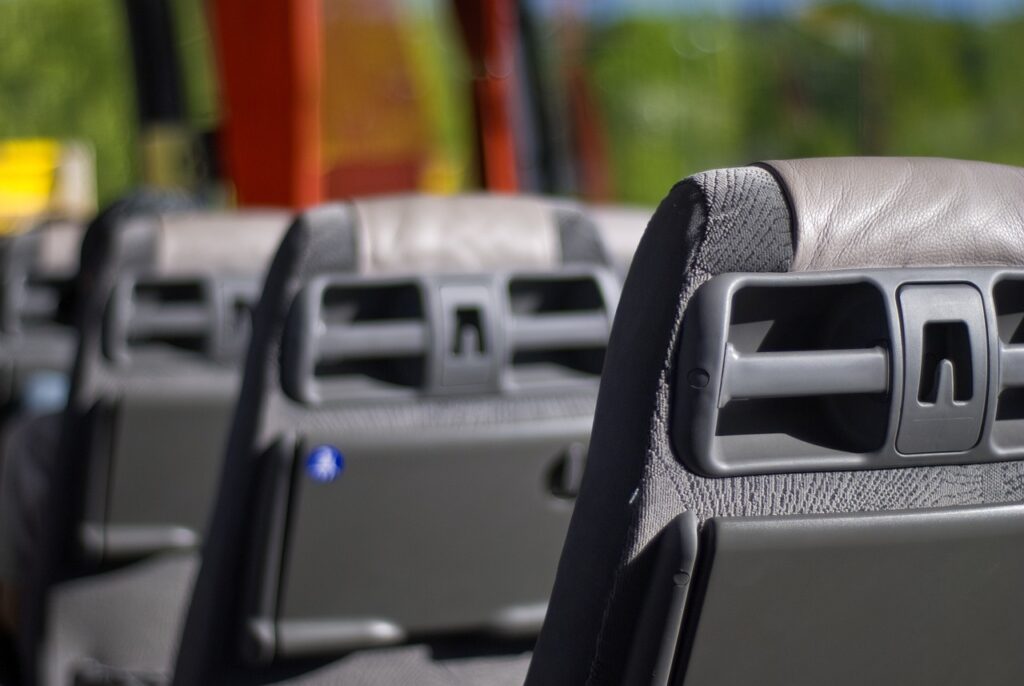In a notable shift towards cleaner transportation, transit agencies in the United States and Canada have been making substantial progress in electrifying their fleets with zero-emission buses (ZEBs). According to the latest update from CALSTART’s “Zeroing in on ZEBs”, the landscape of ZEB adoption is evolving rapidly, showcasing promising advancements and key statistics.
As of September 2023, the number of full-size transit ZEBs in the United States has surged to 6,147, illustrating a significant embrace of sustainable transit solutions. Despite the dominance of battery-electric buses in the market, there has been a remarkable uptick of over 75 percent in the adoption of fuel cell electric buses (FCEBs), indicating a burgeoning interest in the potential of fuel cell technology.
While California remains at the forefront in the implementation of ZEBs, it is worth noting that New York has witnessed the largest numerical increase in full-size transit ZEBs during 2023. Furthermore, states like Illinois have also made noteworthy progress in transitioning to ZEBs, illuminating a widespread commitment to eco-friendly transportation initiatives.
The commendable strides made by transit agencies have been further supported by key funding programs. In 2023, the Federal Transit Administration’s initiatives, such as the Low and No Emission Program and the Grants for Bus and Bus Facilities Program, allocated over $300 million to U.S. transit agencies to bolster the infrastructure required for zero-emission projects, emphasizing the significant financial backing for sustainable transport solutions.
In parallel, Canada has embraced ZEBs with 976 full-size and small buses already in operation, including a notable addition of 79 full-size ZEBs since 2022, underscoring the commitment to cleaner air and sustainable transportation practices.
The surge in FCEB adoption highlights an increasing recognition of the potential of fuel cell technology in revolutionizing the transit sector. With a growing emphasis on sustainability and environmental conservation, the trajectory towards zero-emission transportation presents a promising path for creating greener and healthier communities.
